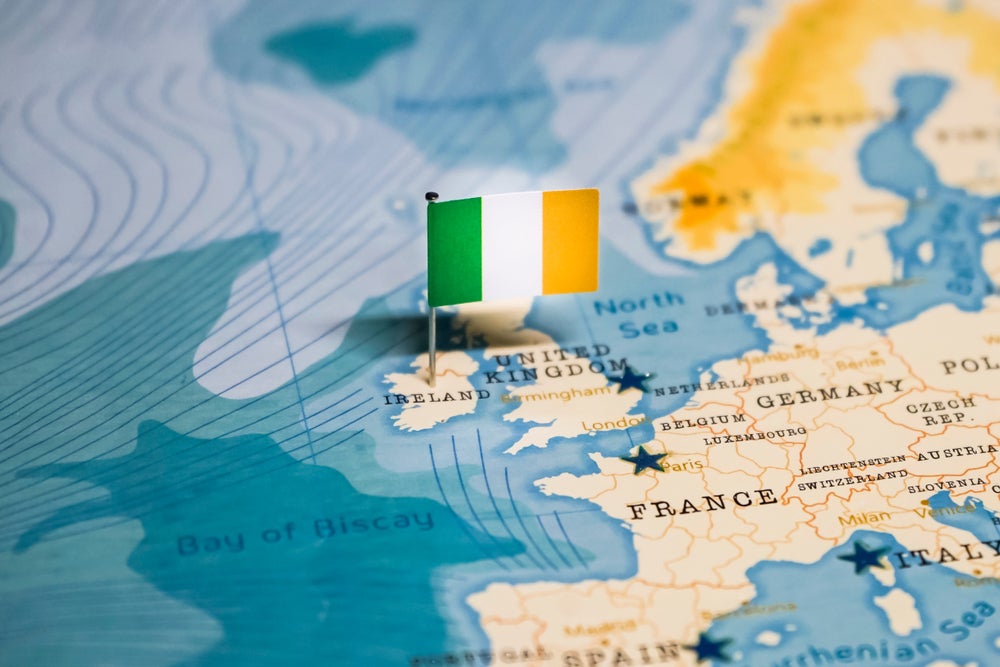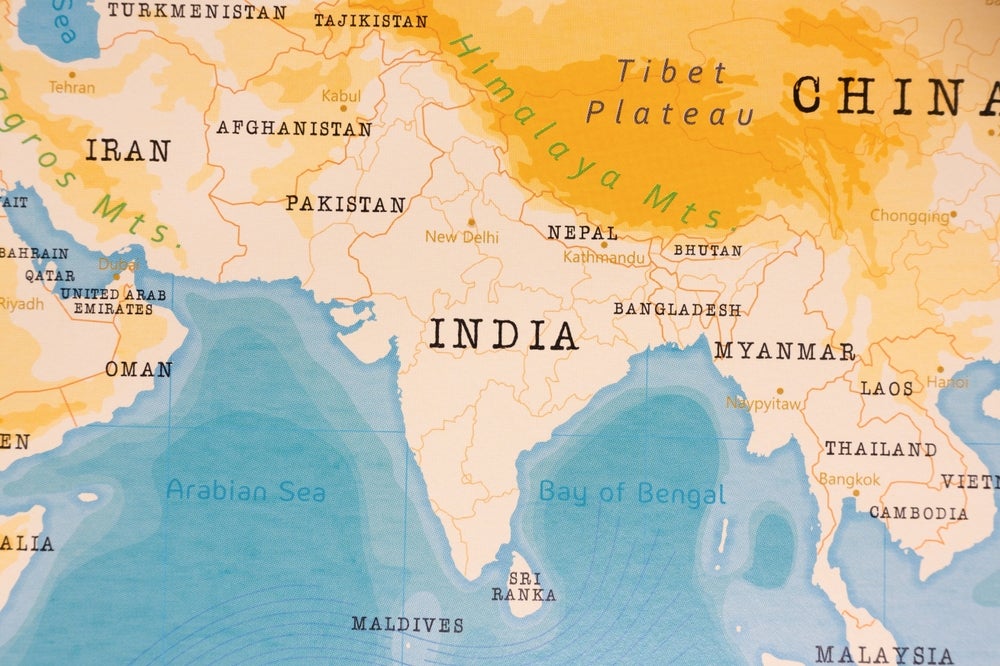United Bank for Africa Zambia (UBA) has rolled out a new debit card in Zambia to offer a quick, convenient and secure payment alternative for Zambians.
Based on the Mastercard platform, the new debit card enables users to enjoy full control of their finances as funds are debited directly from their savings or cheque accounts and reflect in real time.
Featuring EMV Chip and PIN payment technology, the UBA Mastercard debit card provides customers with the optimum level of security to ensure their money is safe.
The debit card can be used to pay for goods and services in-store or online wherever Mastercard is accepted. Additionally, the users can also withdraw funds using the debit card at any ATM locally and at millions of ATM locations across the globe.
UBA Zambia managing director and CEO Emeka Dimanochie said: “The introduction of the UBA Mastercard debit card into the market will enable our customers to carry out their banking transactions in a safer, more convenient and more reliable manner.
“Our customers’ needs are changing and as they change, we will continue to adopt smart technology solutions that deliver superior services.”
How well do you really know your competitors?
Access the most comprehensive Company Profiles on the market, powered by GlobalData. Save hours of research. Gain competitive edge.

Thank you!
Your download email will arrive shortly
Not ready to buy yet? Download a free sample
We are confident about the unique quality of our Company Profiles. However, we want you to make the most beneficial decision for your business, so we offer a free sample that you can download by submitting the below form
By GlobalDataMastercard vice president and area business head for emerging markets, Southern Africa Charlton Goredema said: “We share a vision of a world beyond cash, where all people are financially included into the economy.
“Introducing the first Mastercard in the country is a key milestone for us as we ramp up activity and investment in Zambia. Importantly, we are also contributing to the financial freedom of individuals.”







